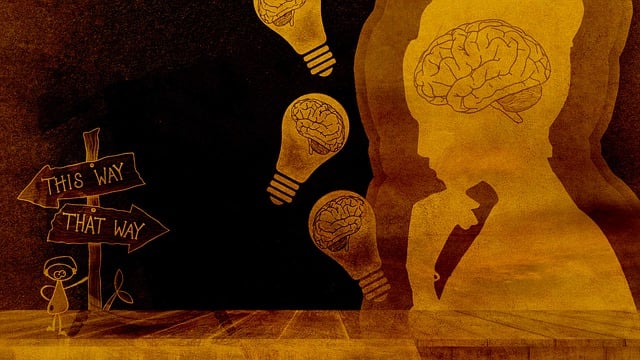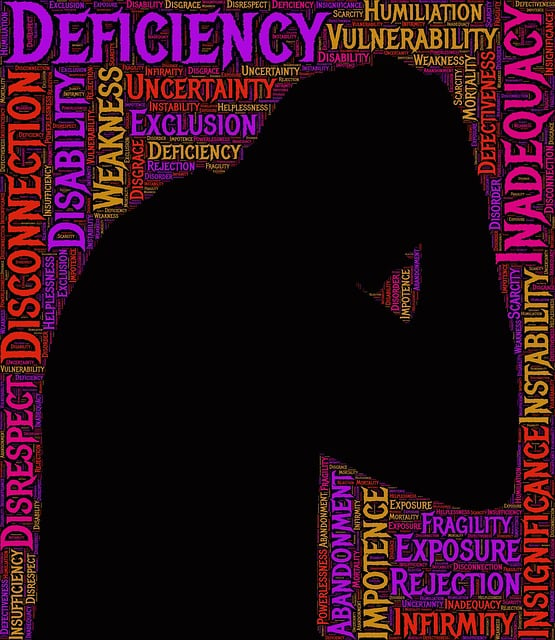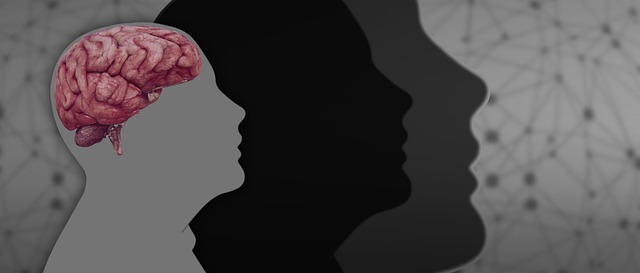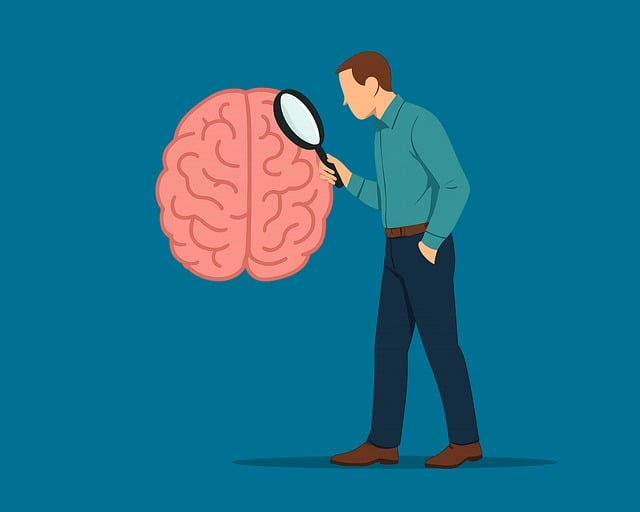Centennial Learning Disability (CLD) is a neurodevelopmental condition often overlooked but significantly impacting individuals' lives. Centennial Learning Disability Therapy offers tailored interventions and coping strategies to address these challenges. Through stress management workshops, emotional well-being promotion, and stigma reduction, the therapy enhances academic performance, social integration, and self-efficacy. This personalized approach includes communication, social skills training, and depression prevention, fostering resilience and holistic mental health. By equipping clients with practical coping techniques, such as mindfulness and cognitive-behavioral strategies, Centennial Learning Disability Therapy empowers them to manage stress, reduce burnout risk, and improve overall well-being, especially valuable in high-pressure healthcare settings.
Coping skills development is a vital component in supporting individuals with Centennial Learning Disabilities (CLDs). This comprehensive guide explores various strategies, focusing on the transformative power of therapy in fostering effective coping mechanisms. We delve into personalized approaches, practical applications, and long-term benefits. Understanding CLD and integrating coping techniques into daily routines can significantly enhance individuals’ well-being and resilience. Discover how targeted interventions through therapy empower those with CLDs to navigate challenges successfully.
- Understanding Centennial Learning Disability: A Comprehensive Overview
- The Role of Therapy in Coping Skills Development
- Identifying Individualized Coping Strategies for Optimal Support
- Practical Applications: Integrating Coping Techniques into Daily Life
- Long-Term Benefits and Sustainability of Coping Skills Acquisition
Understanding Centennial Learning Disability: A Comprehensive Overview

Understanding Centennial Learning Disability (CLD) involves recognizing a complex neurodevelopmental condition that impacts individuals’ ability to acquire and process information. Unlike traditional learning challenges, CLD is often overlooked due to its subtle nature, affecting various cognitive functions such as attention, memory, and executive functioning. This hidden disability can significantly impact academic performance, social interactions, and daily life skills, leading to feelings of frustration and low self-esteem among affected individuals.
Centennial Learning Disability Therapy plays a pivotal role in empowering those with CLD. Through tailored interventions, therapists help individuals develop coping strategies for their specific challenges. Mental Illness Stigma Reduction Efforts are integral to this process, fostering an environment where individuals feel understood and supported. Stress Management Workshops Organization and Emotional Well-being Promotion Techniques used in therapy sessions equip clients with valuable tools to navigate academic and social environments more effectively. By addressing the unique needs of those with CLD, these therapeutic approaches contribute to improved academic outcomes, enhanced social integration, and a greater sense of self-efficacy.
The Role of Therapy in Coping Skills Development

Centennial Learning Disability Therapy plays a pivotal role in fostering coping skills development. Through structured and personalized sessions, therapists help individuals navigate their unique challenges by teaching effective strategies to manage stress, anxiety, and other emotional hurdles. This therapeutic approach goes beyond mere problem-solving; it empowers clients to cultivate resilience and enhance their overall well-being.
One of the key aspects is integrating Self-Care Routine Development for Better Mental Health. Therapists guide individuals in creating tailored self-care practices, such as mindfulness exercises, journaling, or engaging in hobbies, which promote mental health awareness and emotional regulation. Additionally, Empathy Building Strategies are often introduced to foster deeper understanding of oneself and others, thereby improving interpersonal relationships and social interactions.
Identifying Individualized Coping Strategies for Optimal Support

Every individual, especially those with learning disabilities like those supported by Centennial Learning Disability Therapy, has unique challenges and coping mechanisms. Identifying personalized coping strategies is a cornerstone of effective therapy. Therapists at Centennial Learning Disability Therapy recognize that one-size-fits-all approaches rarely succeed in managing stress or emotional difficulties. Thus, they tailor interventions to the specific needs of each client.
This individualized approach involves exploring various coping skills such as communication strategies and social skills training, which can be particularly beneficial for individuals navigating social interactions and expressing their feelings. Additionally, therapy might include techniques for depression prevention, ensuring clients have a toolkit to manage potential mood disorders. By empowering individuals with appropriate coping mechanisms, Centennial Learning Disability Therapy fosters resilience and promotes overall well-being.
Practical Applications: Integrating Coping Techniques into Daily Life

Integrating coping techniques into daily life is a vital step in enhancing resilience and managing stress, especially for individuals with learning disabilities who often face unique challenges. Centennial Learning Disability Therapy emphasizes practical applications that empower clients to navigate their mental health journeys effectively. By incorporating these strategies into routines, one can create a sense of control and balance, fostering a positive mindset.
For instance, mindfulness exercises, a popular coping skill, can be seamlessly integrated into daily activities. Professionals in the field of mental health, through risk management planning, can guide clients to practice mindful breathing during breaks or before tasks to reduce anxiety. Similarly, cognitive-behavioral techniques can help reframe negative thoughts, promoting a more adaptive response to stressful situations. Mental illness stigma reduction efforts also benefit from these skills, encouraging individuals to embrace self-care as a proactive measure against societal stereotypes.
Long-Term Benefits and Sustainability of Coping Skills Acquisition

The long-term benefits of acquiring effective coping skills are profound and far-reaching. This is especially true for individuals with learning disabilities, who often require tailored strategies to navigate challenges. Through Centennial Learning Disability Therapy, clients not only develop practical tools for managing stress and adversity but also foster a sense of resilience that can endure throughout their lives. These coping mechanisms promote self-esteem improvement by empowering individuals to overcome obstacles independently, enhancing their overall mental health awareness and well-being.
Sustaining these skills is crucial for preventing burnout, particularly among healthcare providers who often face high-stress environments. By integrating effective coping strategies into daily routines, professionals can maintain optimal mental health, thereby improving patient care and overall job satisfaction. This long-term approach aligns with the goal of Burnout Prevention Strategies for Healthcare Providers, ensuring a more sustainable and fulfilling career journey.
Coping skills development, particularly tailored for individuals with Centennial Learning Disability (CLD), is a powerful tool for navigating life’s challenges. Through a combination of therapy and personalized strategies, those affected can enhance their resilience and well-being. By integrating these techniques into daily routines, individuals gain practical tools to manage stress, improve focus, and achieve long-term success. Centennial Learning Disability therapy plays a pivotal role in empowering individuals to embrace a more fulfilling and balanced life.













